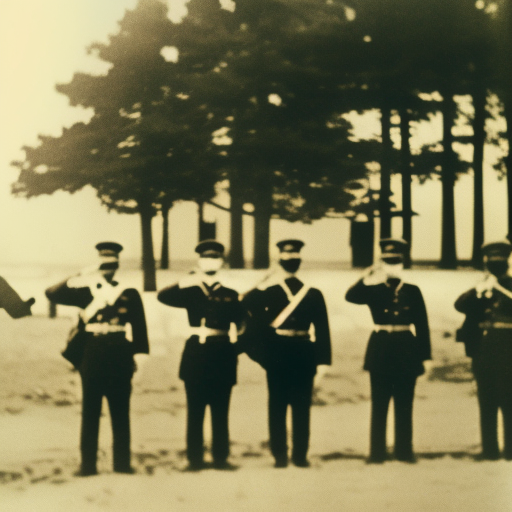Summary:
The First Sino-Japanese War was a conflict that took place from 1894 to 1895 between the Qing Dynasty of China and the Empire of Japan. It was primarily fought over control of Korea and ended with a decisive Japanese victory. The war marked a turning point in East Asian history, as it demonstrated Japan’s emergence as a regional power and exposed the weaknesses of the Qing Dynasty.
Background:
In the late 19th century, both China and Japan were undergoing significant changes. China, ruled by the Qing Dynasty, was facing internal unrest and external pressure from Western powers. Japan, on the other hand, had embarked on a program of modernization and industrialization, inspired by the Meiji Restoration of 1868.
Causes of the War:
The main cause of the conflict was the rivalry between China and Japan over influence in Korea. Both countries sought to maintain a sphere of influence in Korea, which was strategically important due to its proximity to China and Japan. Tensions escalated when a rebellion broke out in Korea, and both China and Japan sent troops to quell the uprising.
Course of the War:
The war began in July 1894 when the Japanese launched a surprise attack on the Chinese fleet at the Battle of Pungdo. The Japanese navy, equipped with modern warships, quickly gained the upper hand and won several decisive naval battles. On land, the Japanese army also achieved significant victories, capturing key Chinese strongholds.
Outcome:
The war ended with the signing of the Treaty of Shimonoseki in April 1895. Under the terms of the treaty, China recognized Korea’s independence and ceded Taiwan and the Pescadores Islands to Japan. China also had to pay a large indemnity to Japan and grant it trading rights and territorial concessions. The war exposed the weaknesses of the Qing Dynasty and marked the beginning of Japan’s rise as a major power in East Asia.
Significance:
The First Sino-Japanese War had far-reaching consequences for both China and Japan. For China, it was a humiliating defeat that exposed the country’s military and political weaknesses. The war also contributed to the growing anti-Qing sentiment and paved the way for the eventual collapse of the dynasty in 1911.
For Japan, the victory in the war solidified its status as a modern, industrialized nation and established its dominance in East Asia. The war also had a profound impact on Japan’s national identity, as it was the first time in centuries that the country had defeated a major power.
The war also had broader implications for the balance of power in East Asia. It demonstrated Japan’s military capabilities and signaled its emergence as a regional power. This, in turn, led to increased tensions between Japan and other Western powers, particularly Russia, which sought to expand its influence in the region.
In conclusion, the First Sino-Japanese War was a significant conflict that reshaped the balance of power in East Asia. It marked Japan’s emergence as a major power and exposed the weaknesses of the Qing Dynasty. The war had far-reaching consequences for both China and Japan and set the stage for future conflicts in the region.












